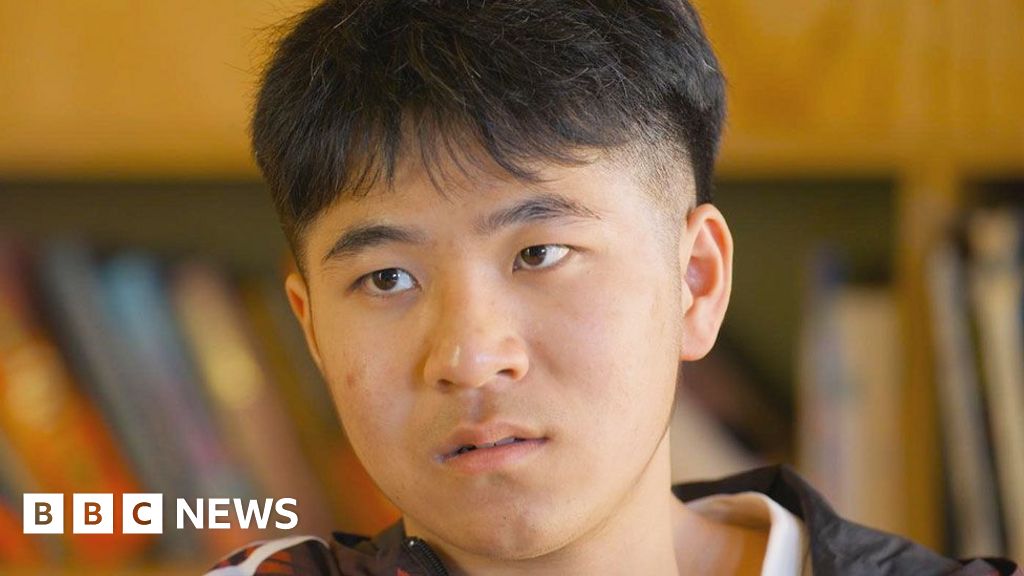- cross-posted to:
- news@beehaw.org
- china@sopuli.xyz
- world@quokk.au
- cross-posted to:
- news@beehaw.org
- china@sopuli.xyz
- world@quokk.au
cross-posted from: https://beehaw.org/post/18142273
When Zhang Junjie was 17 he decided to protest outside his university about rules made by China’s government. Within days he had been admitted to a psychiatric hospital and treated for schizophrenia.
Junjie is one of dozens of people identified by the BBC who were hospitalised after protesting or complaining to the authorities.
Many people we spoke to were given anti-psychotic drugs, and in some cases electroconvulsive therapy (ECT), without their consent.
While there have been reports for decades that hospitalisation is used in China as a way of detaining dissenting citizens without involving the courts, a leading Chinese lawyer has told the BBC that the issue - which legislation sought to resolve - has recently seen a resurgence.
Junjie says he was restrained and beaten by hospital staff before being forced to take medication.
[…]
“The doctors told me I had a very serious mental disease… Then they tied me to a bed. The nurses and doctors repeatedly told me, because of my views on the party and the government, then I must be mentally ill. It was terrifying,” he told the BBC World Service. He was there for 12 days.
[…]
Just over a month after being discharged, Junjie was once again arrested. Defying a fireworks ban at Chinese New Year (a measure brought in to fight air pollution) he had made a video of himself setting them off. Someone uploaded it online and police managed to link it to Junjie.
[…]
He was accused of “picking quarrels and troublemaking” - a charge frequently used to silence criticism of the Chinese government. Junjie says he was forcibly hospitalised again for more than two months.
After being discharged, Junjie was prescribed anti-psychotic drugs. We have seen the prescription - it was for Aripiprazole, used to treat schizophrenia and bipolar disorder.
“Taking the medicine made me feel like my brain was quite a mess,” he says, adding that police would come to his house to check he had taken it.
Fearing a third hospitalisation, Junjie decided to leave China. He told his parents he was returning to university to pack up his room - but, in fact, he fled to New Zealand.
He didn’t say goodbye to family or friends.
[…]
Good old soviet doctrine of locking dissidents in mental hospitals and torturing them, commies never change.
Example A of why you should always have a trusted friend or family member that you make contact with regularly and the understanding of “if you don’t hear from me in x amount of time. Something’s probably happened to me.”
Seems there are people for whom whataboutism never ends. In this context, I personally find this particularly disgusting.
Addition: There is also a BBC documentary about it.
Troublemakers: Drugged, Framed and Detained – (Alternative Invidious link, 49 min)
This in-depth investigation reveals how the [Chinese] police found ways to […] to punish protestors without going through the criminal justice system. With almost no checks and balances, the number of people being illegally sent to psychiatric hospitals is said to be surging.
Testimonies from three protestors, detained for months in secure psychiatric wards reveal how they were restrained, forcibly treated with psychoactive drugs and even subjected to electric shock therapy.
Their crime? “Picking quarrels and troublemaking” - the catch all offence police use to sweep up anyone threatening disturb “social harmony”.
deleted by creator


